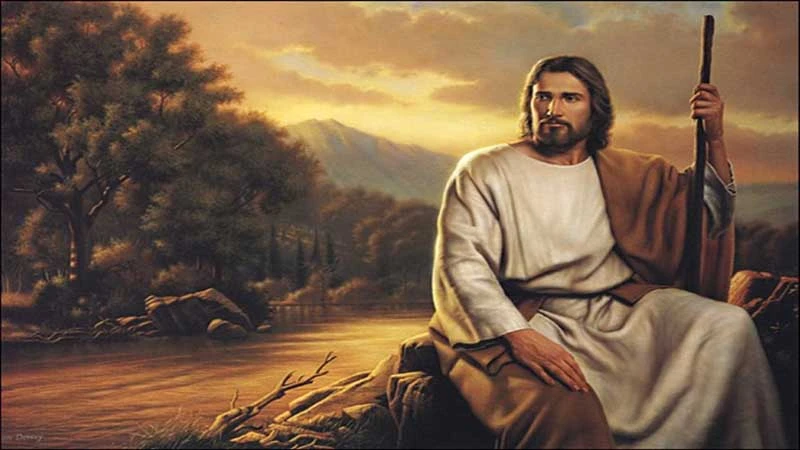Difference between Jesus and Prophet Muhammad (PBUH)

In Islamic history, Jesus and Prophet Muhammad (PBUH) are the two most significant figures. Numerous significant distinctions between these two revered religious leaders highlight the distinct paths they followed throughout Islam and Christianity.
Historical Background and Birth
Jesus was born in Bethlehem in 4 BCE and, regarded as the Son of God in Christianity. While Hazrat Muhammad (PBUH), who was born in 570 CE in Hejaz region of Arabia, is regarded as the final messenger and prophet, who was sent by God to guide humanity to the right way.
Prophethood and Mission
Jesus worked miracles to demonstrate his divinity, and his teachings had a significant influence on the growth of Christianity and the West. Muhammad’s mission began at age forty when he received his first revelation, which focused on social justice and monotheism and fundamentally altered Arabian society. While Jesus claimed to be divine, Muhammad (PBUH) identified as Allah’s messenger.
Scriptures and Revelations
Muslims see the Quran which was given to Muhammad (PBUH) by the angel Gabriel as Allah’s final revealed message while Christians centre their faith on the life and teachings of Jesus, as recorded in the Bible, particularly the New Testament.
Miracles and Signs
Jesus is renowned for performing several miracles at least six of them are acknowledge in Quran, including giving sight to the blind, healing lepers, raising the dead, and breathing life into clay birds., however Muhammad (PBUH) is not mentioned in any miracles other than the revelation of the Quran.
Importance within Their Individual Faith
Christians believe that Jesus is the Son of God and the Savior, and that forgiveness, humility, and love are at the core of his teachings. Muhammad (PBUH) is not divine, even though he is loved as the last prophet of Islam. He significantly influenced how Islamic civilization expanded over a number of nations.
Followers and Community
The early Christian community spread message of Jesus throughout the Roman Empire. The early Muslim community, following Muhammad (PBUH), rapidly expanded through the Middle East and beyond.
Perspectives on Hazrat Muhammad (PBUH) in Christianity and Jesus in Islam
Islam recognizes Jesus as the Messiah and a prophet, but not as a divine being. Christianity primarily emphasizes the divinity of Jesus and does not acknowledge Muhammad (PBUH) as a prophet.
Summary
Knowing the main distinctions between Jesus and Prophet Muhammad (PBUH), such as the historical discrepancy of “how many years difference between Jesus and Prophet Muhammad,” brings to light their distinctive contributions to the world and their different religions. These variations highlight how drastically different their lives, teachings, and contributions to human history were.

